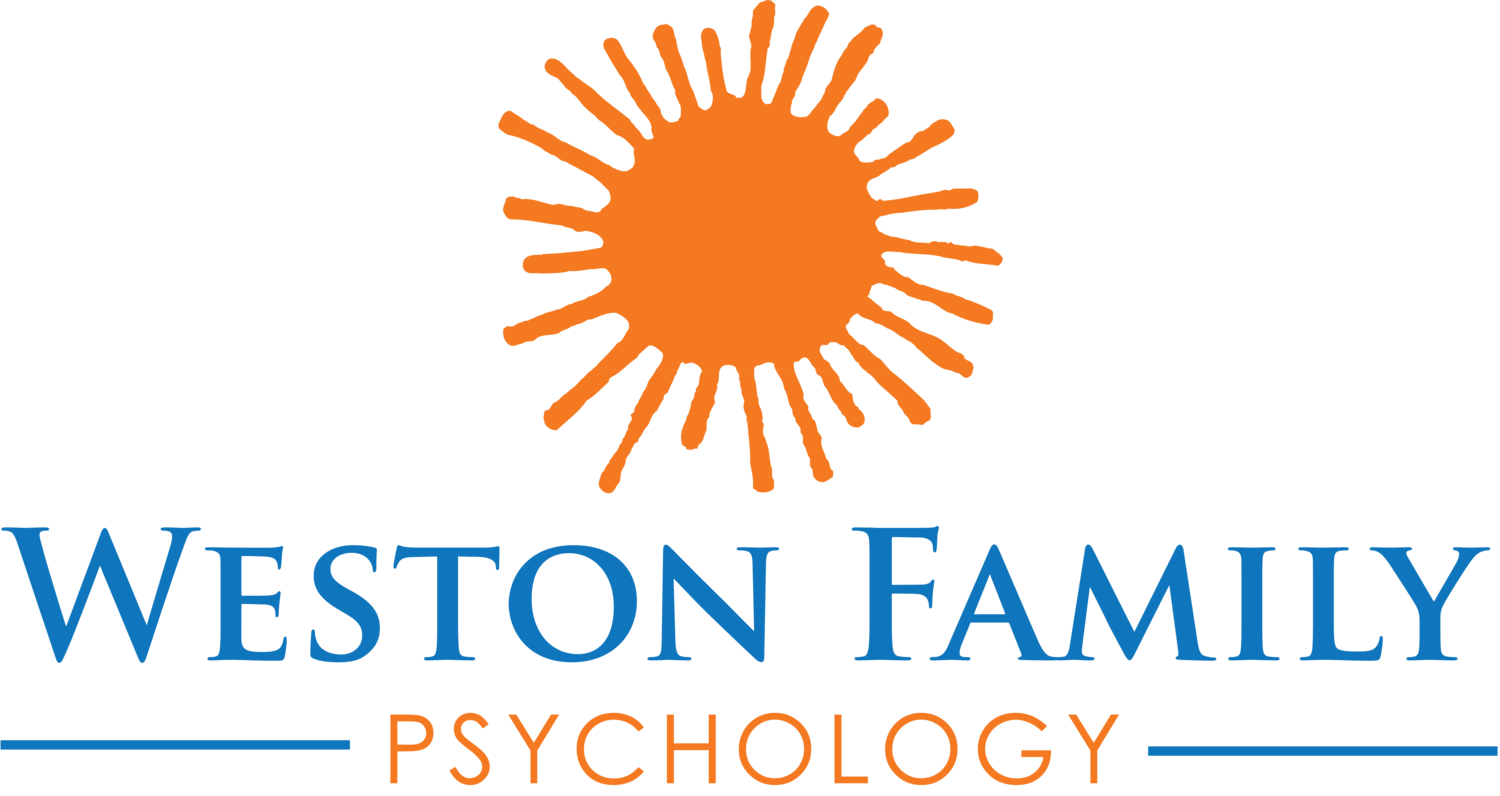Have you noticed your child struggling in school? Like many parents, you likely started to notice grades slipping when schools made the switch to online learning. The truth is, if you notice your child falling behind, there’s no time to waste.
School years go by quickly, with lesson plans turning over and building upon earlier material weekly. This not only makes catching up difficult for your child, it affects their confidence and motivation to learn.
To help bridge the gap in your child’s learning, or keep it from forming in the first place, we believe in the importance of educational evaluations and individualized learning programs to ensure your child’s academic success. Read on for signs that an educational intervention program might just be the resource your child needs and how you can get started.
You’re Starting to Notice Behavioral Problems
When children begin to struggle with concepts in school, you may begin to notice an increase in calls home from their teachers about their behavior. Many children struggle to verbalize their needs effectively and instead lash out in frustration. These behaviors can vary from disrupting other students' learning, to ripping worksheets and throwing tantrums at the first sign of struggling with a concept. In teens, it may look like skipping class or failing to turn in assignments on time.
If you begin to notice these signs of aversion towards learning, it may be time to consider an individualized educational program to get them back on track and increase their confidence in engaging with the material. By bringing the learning to them in a way they can understand, we help decrease their outbursts and get them back in their chairs motivated to explore challenging material rather than run away from it.
Your Child has Limited English-Speaking Ability
Maybe English was not your child’s first language and you’re noticing them struggling to pick it up. English is widely regarded by non-english speakers as a complicated language to learn and this is simply due to discrepancies between how a word looks and how they sound. For example, ‘g’ will sometimes make a ‘juh’ sound in words such as ‘gym’ and ‘gem’ but not in words like ‘get’ and ‘gift’ and there is no real “language rule” to tell you which sound to use.
A reading intervention program can help your child with any foundational issues they may have missed or struggle to understand. Extra practice with a tutor and exposure to the language rules also helps improve pronunciation and comprehension. If your child or teen is a non-native English speaker and you’re noticing them struggling with reading and comprehension in their English classes, it may be time to invest in an educational intervention program for some extra support.
You Start to Notice Signs of a Learning Disability
It’s possible the problem has always been there. You may have noticed your child turning in assignments late, struggling with the concepts or ability to focus on certain tasks. It may not have been a huge problem in the past, but lately seems to be getting worse. Diagnosing learning disabilities can seem daunting and stressful and may even cause you to worry, but fear not. Studies show that early diagnoses can drastically increase your child’s ability to maintain good standing in their educational careers.
According to The National Center of Learning Disabilities, “Early recognition of warning signs, well-targeted screening and assessment, effective intervention, and ongoing monitoring of progress are critical to helping individuals with LD to succeed in school, in the workplace, and in life.”
How to Get Started
An educational evaluation is a useful tool to determine what lies deeper. These evaluations diagnose several learning disabilities including but not limited to:
Attention Deficit Hyperactive Disorder (ADHD)
Dyslexia
Dyscalculia
As well as several other learning, personality and neurodevelopmental disorders.
Once you’ve properly diagnosed learning disabilities and pinpointed their problem areas, getting your child on an individualized education program is the next step. Schools can’t possibly meet the unique needs of each of their students, and some students definitely need more accommodations and time in order to grasp certain topics. Once you’ve completed an educational evaluation, school psychologists/interventionists can work with your child’s school to provide them more time for test-taking and advocate for your child’s specific needs.
Individual educational programs, like the Lindamood-Bell Reading and Math Intervention, use a comprehensive report from an educational evaluation to create uniquely tailored session plans that facilitate effective practice in your child’s problem areas. With fun and engaging activities to challenge your child’s thinking, they can catch up to their peers in just a matter of weeks and put together a whole new toolbox of educational skills that makes learning easier.
To learn more about our educational evaluations and the Lindamood-Bell Program, check out this article or schedule an intake session with our School Psychologist and Lindamod-Bell Intervention Director Yesenia Bassell, ED.S., by calling our offices at (954)384-1117 or by filling out the brief form below.



